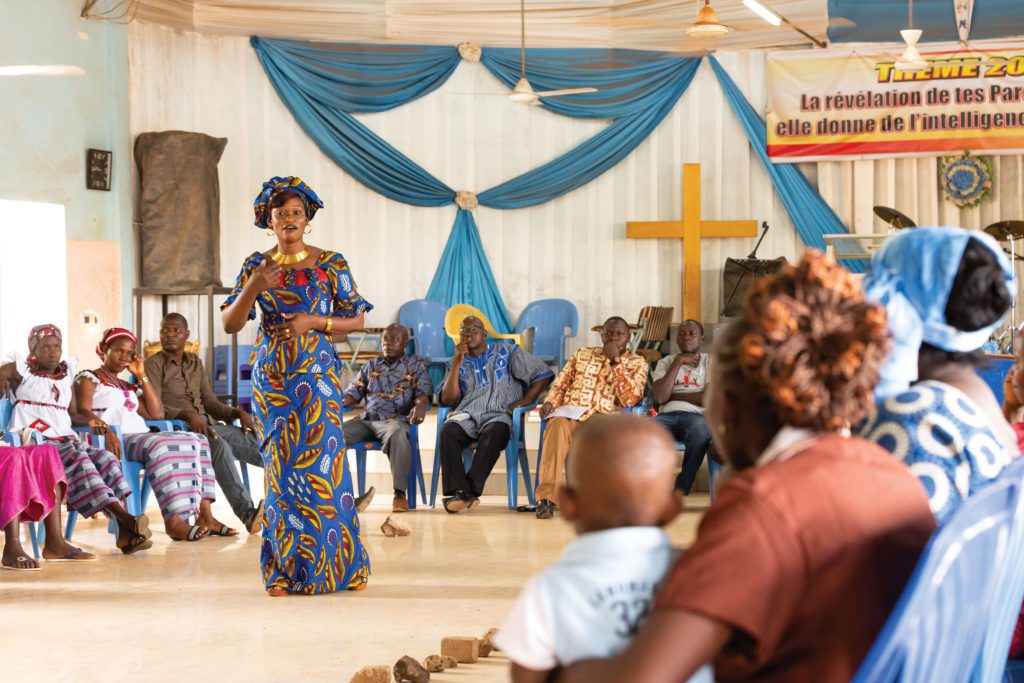Categories: Articles (EMQ), EMQ, Section, Volume 52 - Issue 2
Related Articles
Rethinking Orality
By Trevor Yoakum | Oral strategies represented a breakthrough in mission work. However, if orality is to continue to make a meaningful contribution to global mission advance, we must remain abreast of the latest scholarship and reflect this awareness in our mission strategies.
Welcoming the Stranger
Presenter: Matthew Soerens, US Director of Church Mobilization, World Relief Description: Refugee and immigration issues have dominated headlines globally recently. While many American Christians view these…



